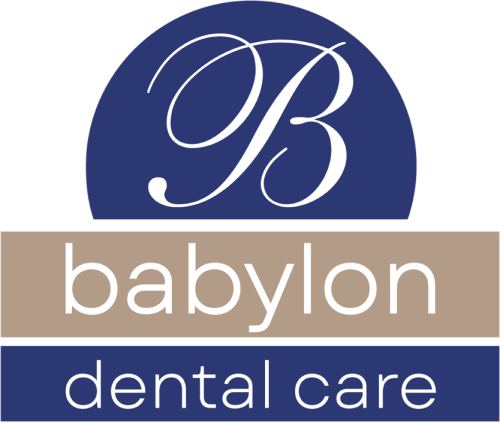Are you considering dental implants but worry about the cost? You might find relief knowing that dental implants can be tax deductible. That’s right, the IRS considers dental implants a medical expense, which means you can claim them on your tax return and save some money.
The IRS sets specific rules for what qualifies as a medical expense and how much you can deduct on your taxes. According to IRS Topic 502, you can deduct dental expenses that are greater than 7.5% of your adjusted gross income (AGI). Your AGI is your total income minus certain adjustments, including student loan interest and alimony payments.
It’s important to remember that this medical expense deduction is only available if you itemize deductions on your tax return. The standard deduction is typically more advantageous for most taxpayers. However, if you’ve incurred significant medical expenses throughout the year, such as surgery or ongoing treatment for a chronic condition, itemizing deductions may offer a greater tax benefit due to the medical expense deduction.
Another thing to remember is that you can only deduct the portion of your dental implant costs that you paid out of pocket. If your insurance covers part of the cost, you can’t deduct that portion. Additionally, any cosmetic procedures, such as teeth whitening, are not tax deductible.
Other Money-Saving Options
For patients contemplating dental implants, establishing a Health Savings Account (HSA) with a high-deductible health plan (HDHP) can be a strategic approach to managing treatment costs. HSAs allow contributions of pre-tax dollars to be used for qualified medical expenses, including dental implants. This reduces your taxable income while enabling tax-free withdrawals to defray the cost of dental implant treatment.
A Flexible Spending Account (FSA) is another option to consider. While both HSAs and FSAs permit contributions of pre-tax dollars towards qualified medical expenses, including dental implants, there are several key distinctions to consider. Unlike HSAs, which offer the flexibility to rollover unused funds into future years, FSAs typically require full expenditure of the contributed amount within the plan year, or risk forfeiture. Additionally, FSAs are subject to lower contribution limits compared to HSAs. As of 2024, the maximum FSA contribution is $3,200 for individuals and $6,400 per household, whereas HSAs allow contributions of up to $4,150 for individuals and $8,300 for families.
It’s worth noting that these tax benefits aren’t limited to dental implants. You can also claim other dental expenses, such as fillings, crowns, and orthodontic treatment, as long as they meet the IRS’s requirements.
Recognizing the significant improvement in oral health and quality of life that implants offer, Babylon Dental Care has cultivated a comprehensive suite of financial solutions. We will accept most major dental plans and collaborate with Care Credit and Cherry Financing to provide diverse financing options. Additionally, we administer our own in-house extended payment plans, ensuring maximum flexibility for our patients.
Considering dental implants? Schedule a consultation with our experienced dentists! We’ll assess your oral health, discuss treatment options, and provide a personalized plan and cost estimate. Additionally, we’ll collaborate with you to identify a payment solution that aligns with your budget, empowering you to achieve a healthy and dazzling smile.
